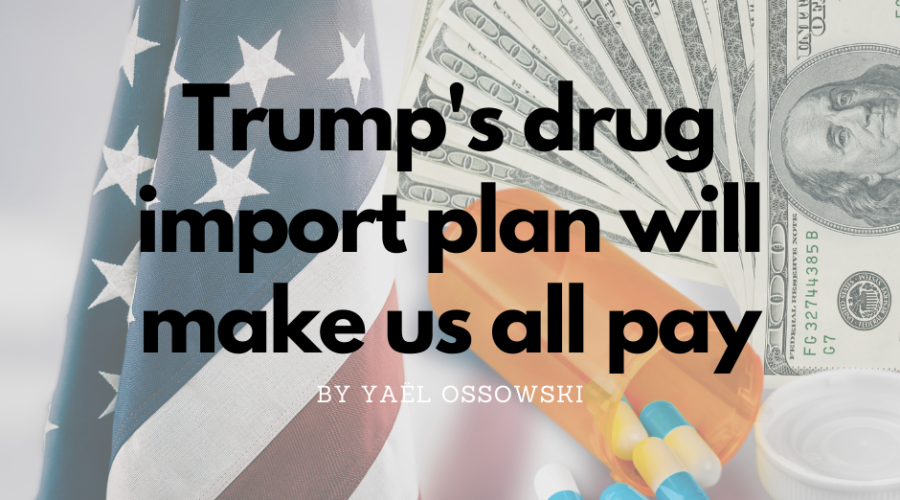The EU ‘should consistently charge no VAT on medicine’
In a recent move, the European Commission has suggested to EU member states to exempt Covid-19 diagnostic medical devices, as well as a potential vaccine, from value-added tax. The Consumer Choice Centre (CCC) has welcomed this move, since it incentivises a move to alleviate some of the burdens on patients and consumers as they deal with the pandemic. The CCC’s Managing Director and Health Economist Mr Fred Roeder said the EU should be more ambitious with regard to medicines.
“Member states would be right to implement VAT exemptions on medicines, not just in times of a crisis,” he commented.
“Too many patients in Europe pay too much for needed medicines because the government is taking too big of a cut. Some member states charge as much as 25 per cent for both over-the-counter (OTC) medicines, as well as prescription drugs. This burdens health insurance providers and patients alike”, said Mr Roeder.
“We should take the positive example of Malta, which is the only member state that charges no VAT for either OTC or prescription medicine, yet still manages to provide basic services to citizens. If we want to fund government services, we shouldn’t do it on the backs of patients who need medicine.
“We experience this great double standard in Europe: Politicians of major parties complain about the price of drugs on the continent, yet simultaneously charge large chunks of tax on the same drugs. It is time we end this inconsistency”, he concluded.
Originally published here.











